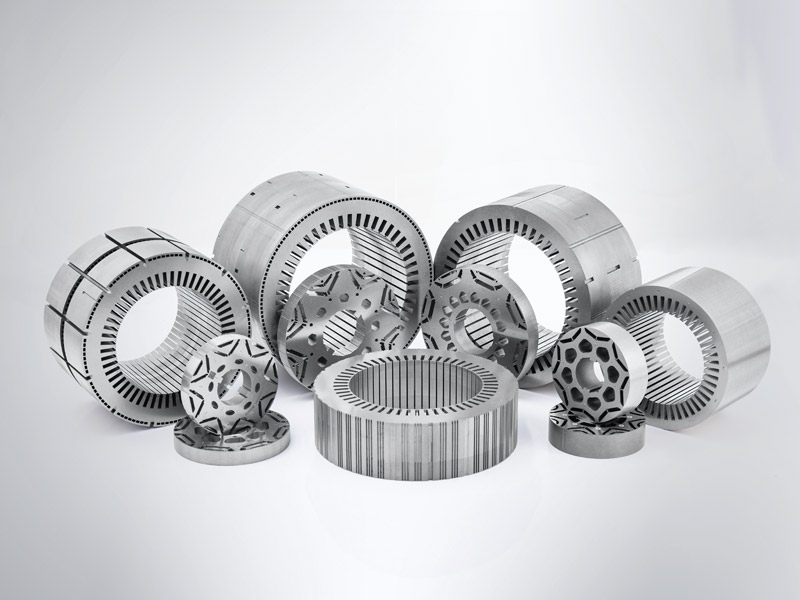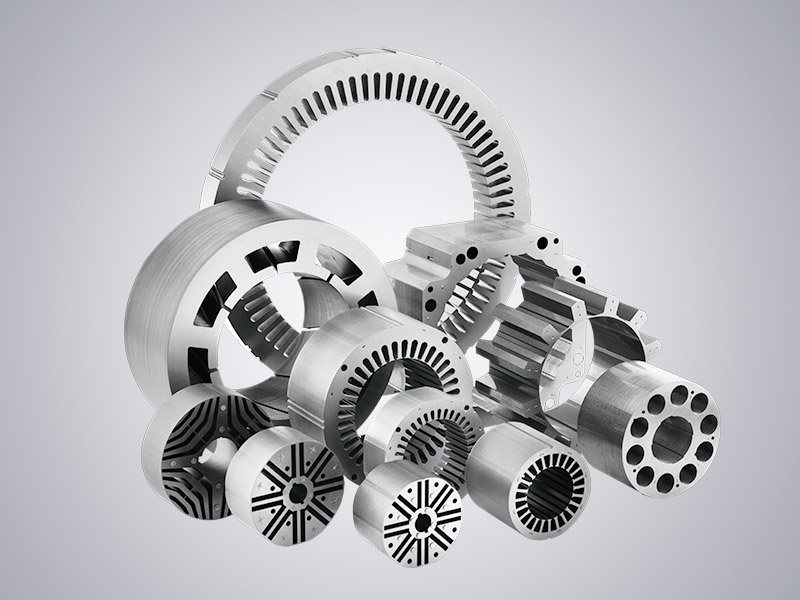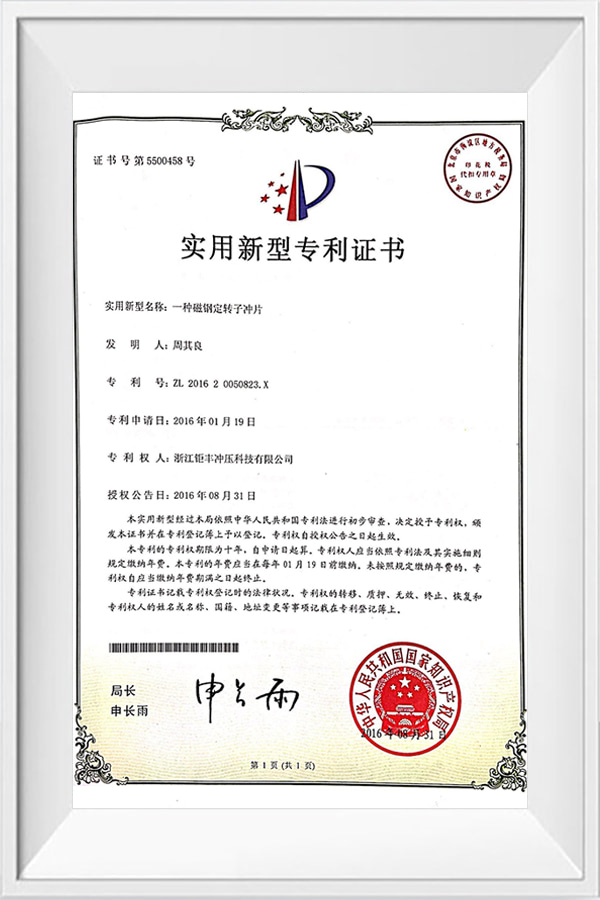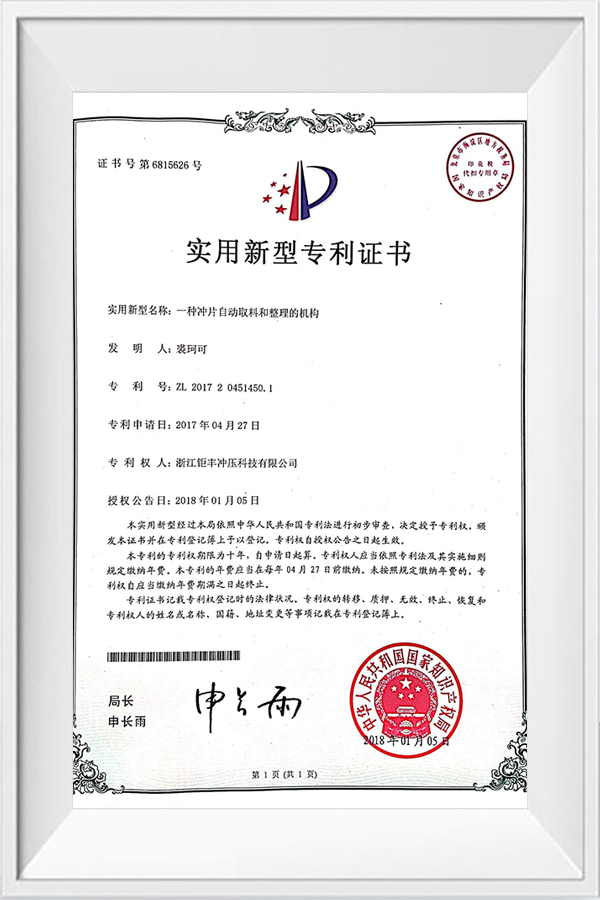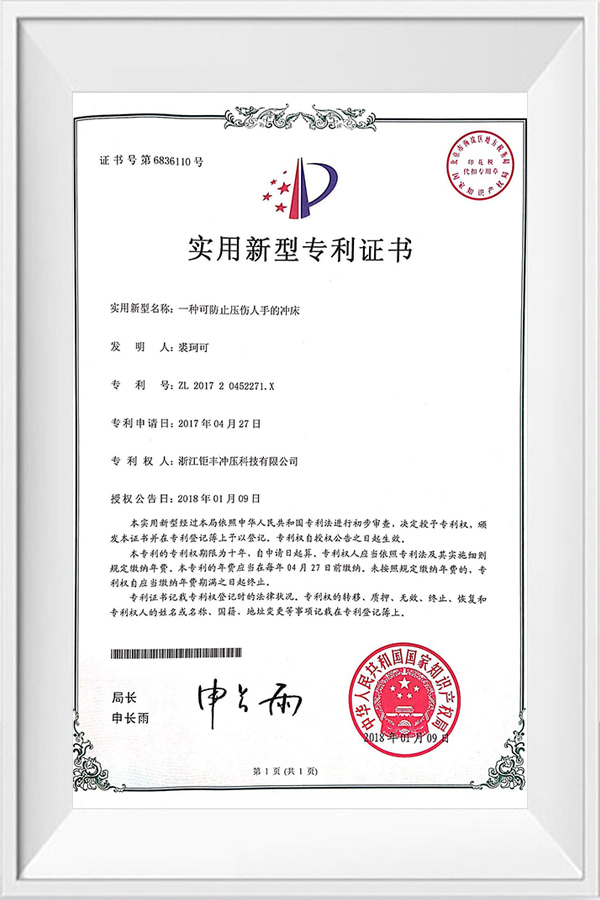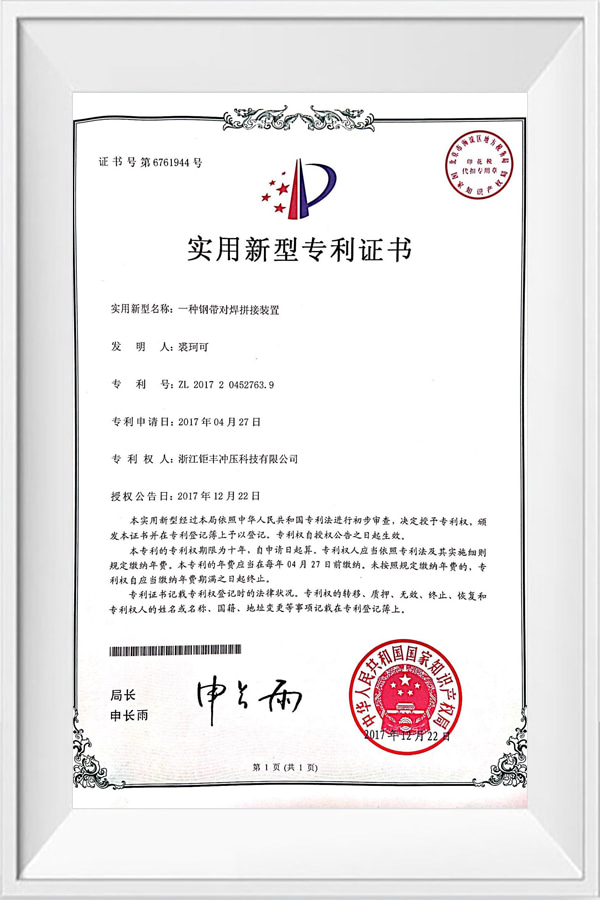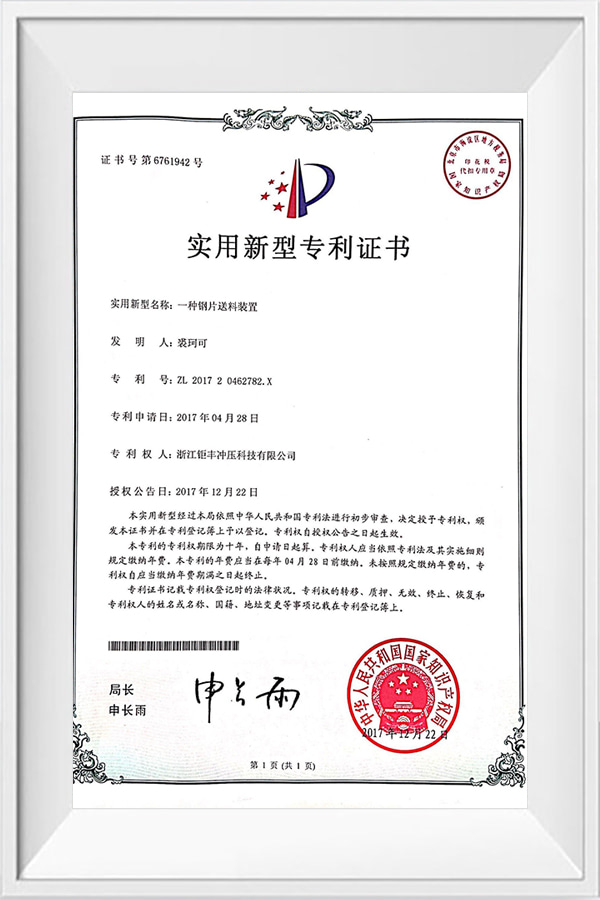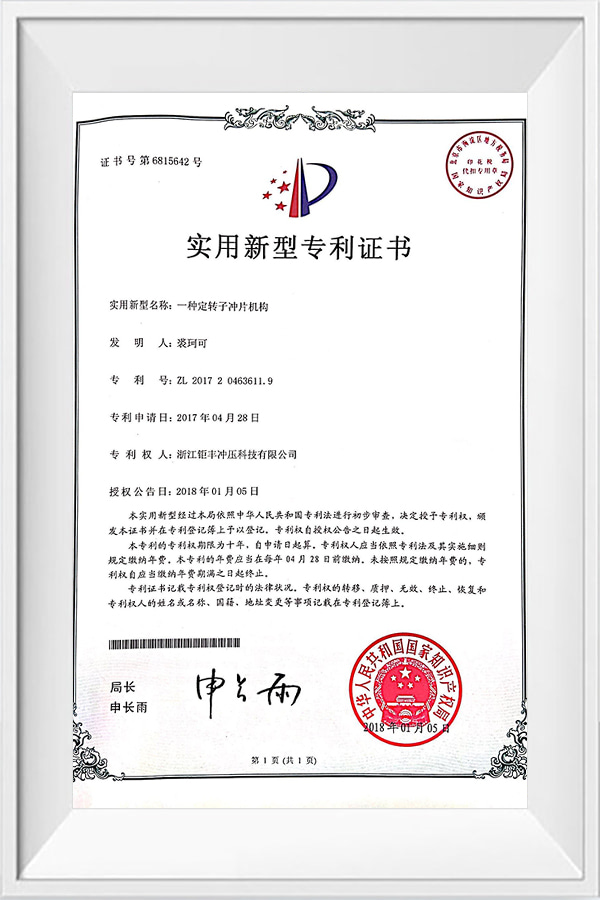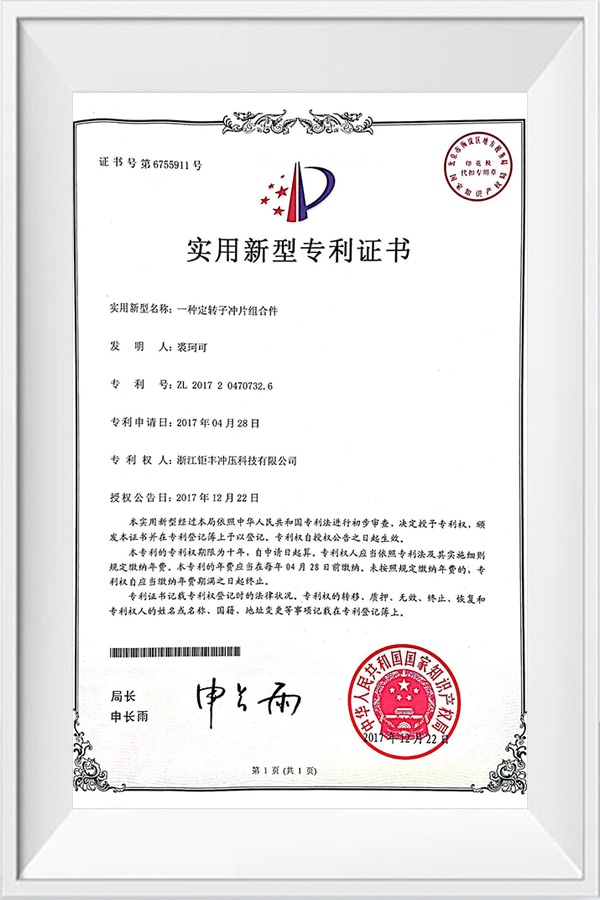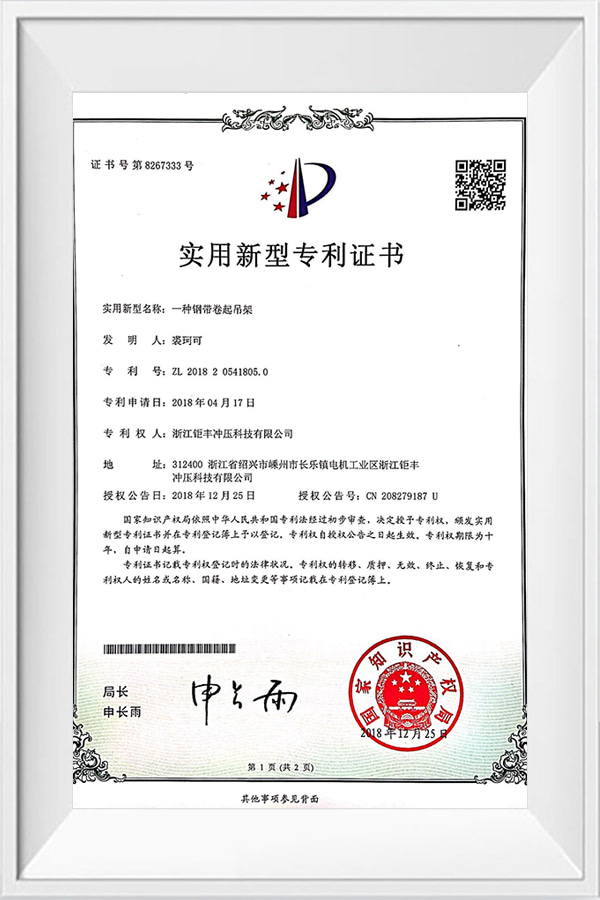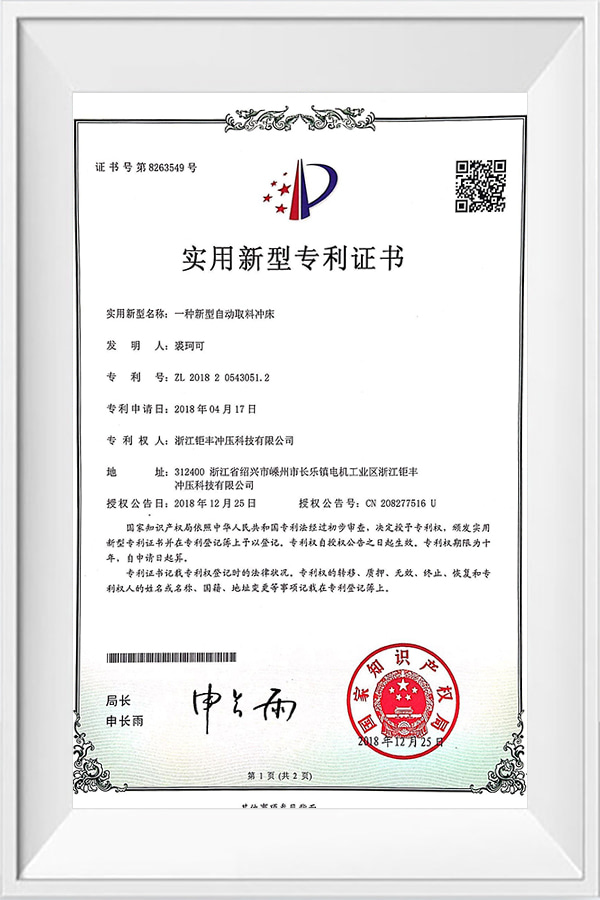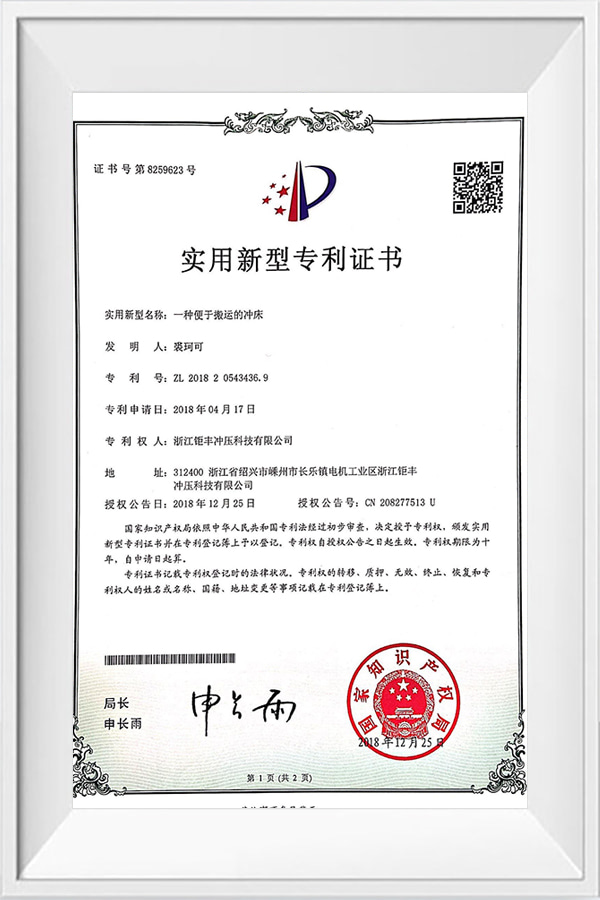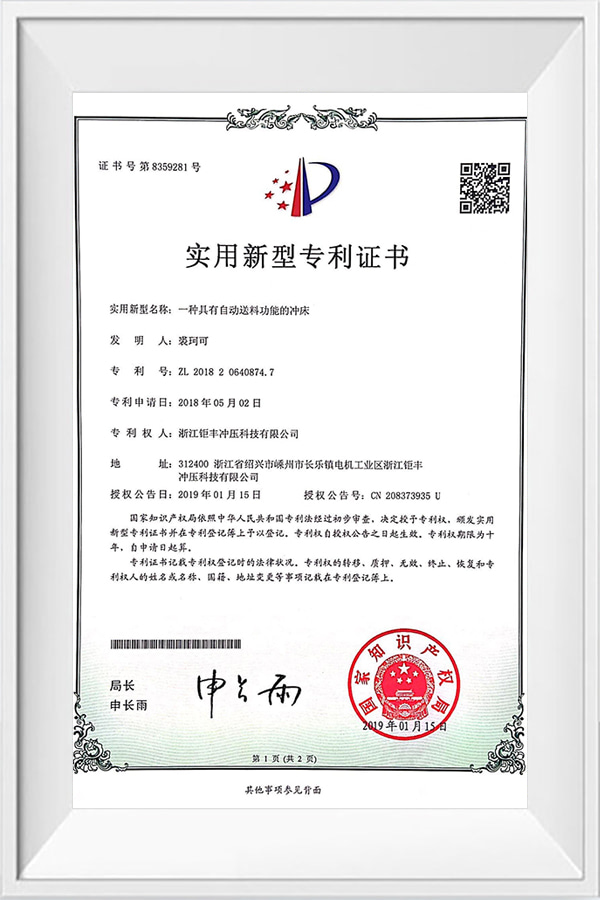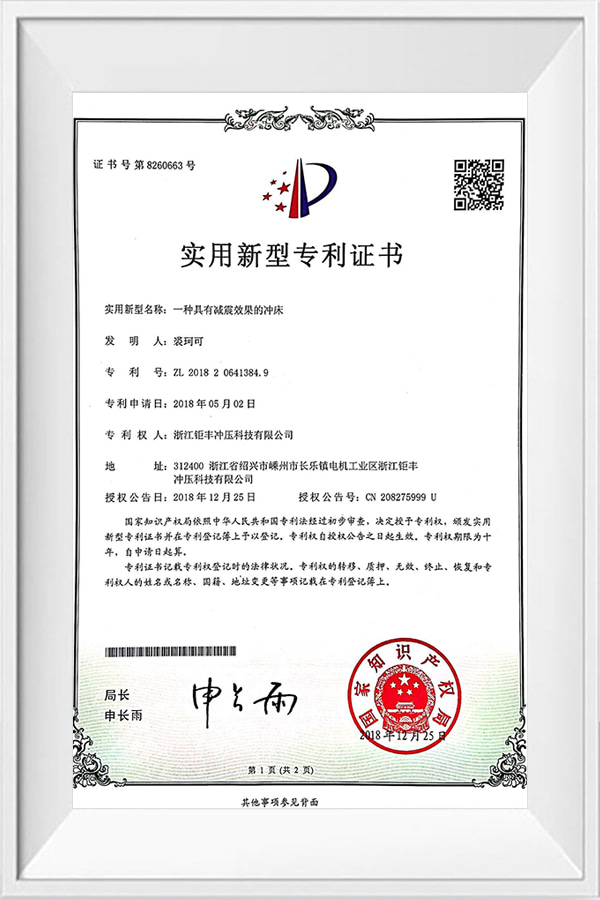The electric motor is made up of two primary components: the stator and the rotor. The stator is stationary and surrounds the rotor, which is the rotating component. When electrical current flows through the stator's windings, it creates a rotating magnetic field that interacts with the rotor. This interaction generates motion, which powers the vehicle. The stator core consists of several laminated sheets of electrical steel that are stacked together. This lamination helps reduce energy losses, especially eddy current losses, which are unwanted currents that oppose the flow of the main electrical current. In high-performance motors used in electric vehicles, it is crucial to minimize these losses, as they directly impact the overall efficiency of the motor. To reduce these losses, the laminations are made thin and insulated from one another, helping to direct the magnetic flux more effectively. The stator’s design also includes the windings or coils, which are energized to create the magnetic field. The rotor core made from laminated steel or materials like copper or aluminum, is the component that rotates in response to the stator’s magnetic field. It is often designed to be lightweight and conduct electricity efficiently to generate the necessary torque for vehicle propulsion. The rotor must be optimized to handle high-speed rotation while minimizing resistive losses that could reduce efficiency. In electric vehicles, the design and material selection of these cores are critical in ensuring that the motor performs at its highest potential. As Zhejiang Jufeng Technology Co., Ltd. has demonstrated, the continuous refinement of stator and rotor core manufacturing is pivotal to achieving the high-performance standards expected in modern EVs. Through advanced material science and precise manufacturing techniques, the company has established itself as a leader in producing high-quality motor cores, contributing significantly to the growth of the electric vehicle industry.
Power delivery in an electric motor depends heavily on the quality of the stator and rotor cores. When current is supplied to the stator, it creates a magnetic field that induces motion in the rotor. The efficiency of this power conversion is directly tied to the stator and rotor core materials and design. The stator and rotor cores are engineered to minimize energy losses. One of the most significant challenges in electric motor design is reducing the energy losses due to eddy currents and hysteresis. Eddy currents are circular currents that flow in the direction opposite to the applied current, causing energy to be lost as heat. These losses are more pronounced in solid cores, so manufacturers use laminated cores to prevent them from forming. The stator's core materials are chosen for their magnetic properties, which ensure that the generated magnetic field flows through the motor’s components with minimal resistance. Hysteresis losses occur due to the continual magnetization and demagnetization of the core material. High-quality materials with low hysteresis, such as the ones used by Zhejiang Jufeng Technology Co., Ltd., help reduce these losses, improving the motor's overall efficiency. The stator and rotor cores are designed to have minimal resistance, which means less energy is wasted as heat, improving the vehicle's efficiency. In electric vehicles, maximizing efficiency is critical for extending driving range and optimizing battery life. When the motor core efficiently converts electrical energy into mechanical energy, less power is needed from the battery to drive the vehicle. This not only enhances the performance but also ensures that the vehicle remains functional for longer periods on a single charge. Through optimized design and the use of high-quality core materials, manufacturers like Zhejiang Jufeng Technology Co., Ltd. contribute significantly to the efficiency and performance of electric motors in EVs, ensuring that they are capable of meeting the demands of modern transportation.
For electric vehicles, the driving range is one of the most important performance metrics. The range is directly influenced by how efficiently the motor uses electrical energy. The motor's stator and rotor cores play a crucial role in ensuring that the motor operates at maximum efficiency. By reducing the energy losses in the motor, the stator and rotor cores allow the vehicle to travel further on a single charge, which is essential for user satisfaction. High-performance cores made from materials like high-grade electrical steel are essential for achieving the low energy losses required in modern electric vehicle motors. A motor with a well-designed core will be able to convert electrical energy into mechanical energy more efficiently, using less energy from the battery to achieve the same output. This reduction in energy usage allows the vehicle to extend its range, offering users more miles per charge. Optimizing the stator and rotor cores helps improve the overall efficiency of the entire powertrain. When the motor runs at its most efficient, it places less strain on the battery, reducing the frequency with which the battery needs to be charged. As a result, battery life is extended, contributing to the long-term sustainability of electric vehicles. Through continuous innovation in motor core manufacturing, Zhejiang Jufeng Technology Co., Ltd. ensures that their motor cores contribute to both the performance and longevity of electric vehicle batteries. By producing cores with minimal losses, they help extend both driving range and battery life, making EVs more practical and economical for everyday use.
Thermal management is an essential consideration in the design of electric motors. As the motor operates, it generates heat due to the electrical resistance and friction in the moving parts. Excessive heat can reduce the motor's efficiency, shorten its lifespan, and in extreme cases, lead to motor failure. The stator and rotor cores, therefore, need to be designed with thermal management in mind. The material used in the stator and rotor cores plays a significant role in heat dissipation. Materials with high thermal conductivity, such as high-quality electrical steel and copper, help dissipate heat more effectively, preventing the motor from overheating. In addition to material selection, the design of the core also influences how well the motor can manage heat. For instance, a core with larger surface areas or improved airflow can better manage the heat generated during operation, preventing damage to the motor and maintaining optimal performance. Manufacturers like Zhejiang Jufeng Technology Co., Ltd. take these factors into account when designing their motor cores, ensuring that both the stator and rotor cores are optimized for effective heat management. Their advanced manufacturing processes and material choices allow for better heat dissipation, ensuring that the motor remains within safe operating temperatures and continues to perform at peak efficiency. In high-performance electric vehicles, especially those used in extreme conditions or for high-speed driving, the importance of thermal management cannot be overstated. Motors that can maintain their temperature stability over extended periods of use are more reliable and efficient. This is why Zhejiang Jufeng Technology Co., Ltd. invests heavily in R&D and precision manufacturing to create motor cores that offer superior thermal performance, contributing to the overall reliability of electric vehicle motors.
As electric vehicles evolve, so too does the complexity of their motor systems. High-performance EVs and autonomous vehicles place unique demands on electric motors, requiring them to operate with precision, reliability, and at high speeds. The motor stator and rotor cores are crucial in meeting these demands. Precision and Reliability in Autonomous Vehicles: Autonomous vehicles rely on precise control and constant adjustments to their motor systems to ensure smooth operation. For autonomous driving, the motor must operate efficiently without any fluctuations in power output, as even minor variations can disrupt the vehicle’s driving experience. The stator and rotor cores must, therefore, be designed with utmost precision to ensure smooth and reliable performance in these advanced systems. Through the use of state-of-the-art materials and advanced design techniques, Zhejiang Jufeng Technology Co., Ltd. provides motor cores that meet the stringent requirements of autonomous vehicle systems. Their high-performance stator and rotor cores enable vehicles to operate smoothly under a wide range of driving conditions, ensuring that autonomous systems function without interruption. Performance in High-Performance Electric Vehicles: High-performance EVs, such as electric sports cars or racing vehicles, demand motors that can deliver substantial torque and power while maintaining efficiency. The rotor and stator cores in these motors must be capable of withstanding high-speed operation without losing performance. Using lightweight materials like copper and aluminum in the rotor cores helps reduce the overall weight of the motor, contributing to better acceleration and handling. Zhejiang Jufeng Technology Co., Ltd. plays a key role in providing motor cores for these high-performance applications, ensuring that their designs are optimized for maximum torque and power delivery.

 简体中文
简体中文 English
English русский
русский Español
Español